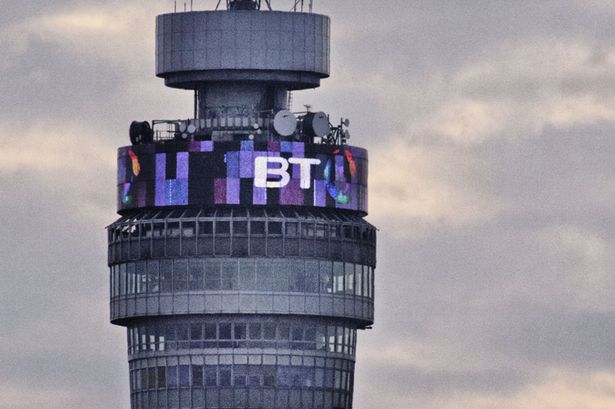Ofcom: BT Must Maintain ‘Margins’ To Keep Superfast Broadband Market Competitive

Ofcom says BT can still set wholesale fibre prices but not in a way that limits superfast competition
Ofcom has moved to increase competition in the superfast broadband market by restricting BT’s ability to undercut its rivals.
The UK communications regulator want BT to maintain a “sufficient” margin between the amount it charges for wholesale access to the Openreach fibre network and the amount it charges customers for its retail products.
This, Ofcom says, will preserve BT’s freedom to set its wholesale prices and therefore incentivises the company to invest in its fibre network while ensuring it cannot charge other operators, such as TalkTalk and Sky, in a way that limits their ability to compete in the market and generate a profit.
 Maintaining margins
Maintaining margins
Crucially, the calculation of these margins also includes any service bundled with the cost of broadband. This could impact the company’s offer of free BT sport with all Internet deals and any plans it might have to offer mobile services with fixed line packages in the future.
In effect this means that should BT’s costs, such as the purchase of sports rights, increase, they cannot be absorbed by the company in order to keep broadband prices low.
BT is unsurprisingly unhappy with the ruling, which is still subject to approval from the European Commission (EC), arguing that as communications become increasingly converged, regulation shouldn’t be limited to just the broadband sector.
“Ofcom’s statement is misconceived but not unexpected as it largely confirms the approach they outlined last year. We will now consider our response, which may include an appeal,” a spokesperson told TechWeekEurope. “We’re not opposed to the principle of a test. In fact, we passed the standard Competition Act test recently and Ofcom has said our current prices will also pass this new test when it comes into force.
“However, we do not think our sports costs should be part of any assessment and we reject the notion that Sky and TalkTalk require further regulatory assistance. They have more than 40 per cent of the broadband market between them compared to BT’s 31 percent.
BT sport challenge?
“BT is trying to ensure real competition in pay TV sports for the first time in 25 years. Yet the UK’s lop-sided regulatory regime means Sky remains largely unregulated, while further hurdles are proposed for us, the pay TV challenger.”
“Assuming the European Commission agrees to Ofcom’s changes, it should make the market more competitive for other broadband providers, without impacting BT’s incentive to continue rolling out superfast broadband in the UK.
TalkTalk has long called for greater regulation in the superfast broadband market, which it says is not competitive as copper. Analysts believe that the new regulations, if enforced, will promote viable alternatives to BT.
“Assuming the European Commission agrees to Ofcom’s changes, it should make the market more competitive for other broadband providers, without impacting BT’s incentive to continue rolling out superfast broadband in the UK,” explained Richard Neudegg, regulation expert at uSwitch. “As a result, BT will need to keep an Ofcom-defined gap between the wholesale price of fibre plus its own retail costs and retail pricing.
“Affordable deals are already becoming more prolific and these new rules should ensure that alternatives to BT Infinity remain a competitive option for consumers.
“These potential changes are unlikely to have any immediate impact on pricing. However, in the long run, this raises questions over whether BT can continue to offer BT Sport for free as part of its superfast broadband packages, which could make other providers more attractive to consumers.”
What do you know about BT? Find out with our quiz!
 Maintaining margins
Maintaining margins